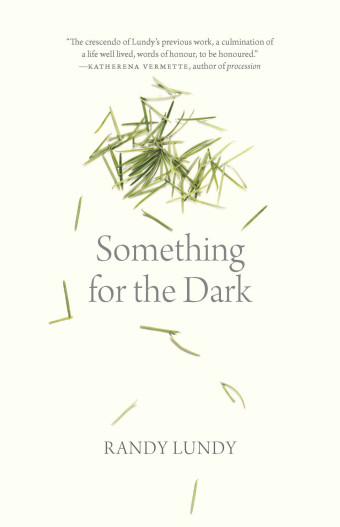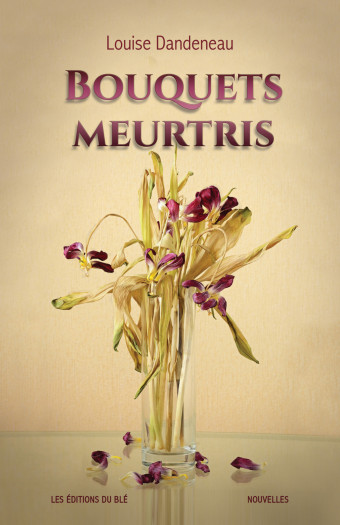Le petit bruit du poème (The Small Sound of a Poem) is Laurent Poliquin’s first poetry collection published with Les Éditions du Blé, his latest of 20 works including over 10 previous poetry collections. The author, born in Trois-Rivières, Québec, writes, lives, and teaches in the heart of Winnipeg.

- Le petit bruit du poème
- Laurent Poliquin
- Les Éditions du Blé
- $17,95 pb, 72 pages
- ISBN: 978-2-924915-54-7
The uniquely structured collection includes four long poems with evocative titles: “Le petit bruit du poème,” “Jardin des reflets” (Garden of Reflections), “Ô toi souveraine souvenance” (O Sovereign Remembering), and “Art poétique de nos relations” (Poetic Art of Our Relationships).
“The organizational structure is put in place in stages,” says Poliquin. “Firstly in tandem with the writing, but also after the fact. Often, my writing goes off in one direction; the unity of a group of poems is then easier to uncover. In the end, I try to identify themes, but I also try to maintain a sort of suspense, a tension, especially to finish with an impact.”
In this reflection on the potential and limitations of poetry itself, life and death cohabit like sisters. In Le petit bruit du poème, Poliquin’s readers will find a sensuality always rich and full of life, a thread of pandemic exasperation, and a fresh openness to the world.
“The work clearly inserts itself into the experience of the present times,” confesses Poliquin. “It is not at all a book about COVID, but evidently, my relationship to poetry has shifted profoundly through the pandemic. I write poems with a sort of urgency and a profound desire to handle language, find newness, as if the possibility of writing for the last time in my life had been offered to me.”

The prose poem musings at the end of the book are a nod to Poliquin’s essayist and philosopher side. Indeed, “Art poétique de nos relations” poses especially big questions and truths on this “serious art of the world’s lightness,” such as “La poésie serait même la seule voie possible à Dieu d’exister, du moins à ceux qui en éprouvent une émotion, alors qu’Il a le silence facile. L’ultime achèvement du poème serait de faire pleurer les morts.” (“Poetry may even be the only possible means for God to exist, at least for those who feel it, as He is not much for speaking. The poem’s ultimate achievement would be to bring the dead to tears.”)
And so, what exactly is the small sound of a poem?
Poliquin replies, “I think it is mostly what doesn’t always create sound – misery, tears, interior turmoil, bloodshed – but also what makes the greatest sound: silence.”













